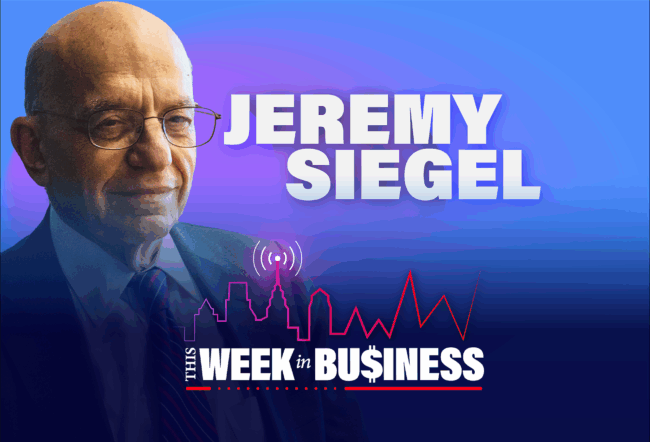The Trump administration’s plan to place tariffs on imported automobiles is causing uncertainty among carmakers and is unlikely to force swift changes on an industry with deeply complex supply chains, said Wharton management professor John Paul MacDuffie, who is director of the school’s Program on Vehicle and Mobility Innovation.
A 25% tariff on imported autos is expected to begin this week, adding to a 25% tariff on imported steel and aluminum that the administration implemented in March. The levies are intended to bring manufacturing back to the United States, but MacDuffie doesn’t see that happening quickly.
“If [automakers are] going to be making decisions about where to source stuff, much less where to build future plants, they need some certainty and some time frames that match the general clock speed of their industry,” he said recently on the Wharton Business Daily podcast. (Listen here.) “The uncertainty is paralyzing for the industry, for sure.”
Auto manufacturing requires a multiyear planning process with supply chains that crisscross the globe. American automakers source about 45% of parts from Mexico and about 10% from Canada. Japanese, Korean, and German automakers with plants in the U.S. also source from Canada and Mexico.
“Everyone who builds cars in the U.S. is going to be taking a hit from this, but it definitely hurts the American manufacturers,” MacDuffie said, referring particularly to Ford, GM, and Stellantis. “In the short term, they’re probably frantically stockpiling inventory so they’re not dealing immediately with how the tariffs affect their costs.”
“Everyone who builds cars in the U.S. is going to be taking a hit from this, but it definitely hurts the American manufacturers.”— John Paul MacDuffie
Disrupting Three Decades of Stability
The professor pointed out that free trade agreements governing the industry have been in place since the 1990s, with revisions made to those agreements over the years. That has meant relative stability for automakers for the last three decades, leading to “a whole series of investment decisions” that helped develop North America as an integrated and efficient supply chain.
“This comes in and sort of blows that up,” he said.
According to MacDuffie, the uncertainty created by the tariffs will put off big capital investments in the auto industry, and companies will be hesitant to reconfigure their entire operations based on a sudden policy change that may shift again with the next presidential administration.
The back-and-forth over tariffs has also recast how investors are viewing the current environment, he said. Tariffs were previously seen as a rarely used negotiating tool, but now they are no longer an empty threat. It’s hard for the industry to predict what tariffs may come next and at what cost.
“I don’t think in the short run it really accomplishes what the policy is said to be designed for,” MacDuffie said.
The uncertainty is putting automakers in a precarious position.
“They’re not going to want to be making a lot of public statements against the administration, but on the other hand they’re not going to want to be blamed for price increases that they had nothing to do with,” the professor said.



